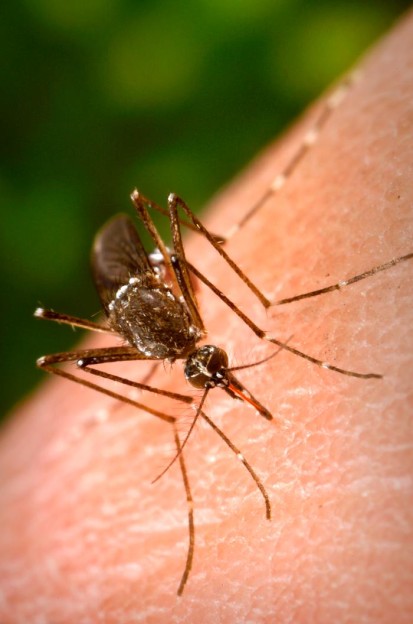The number of chikungunya cases reported in the Marshall Islands has topped 1,000 since February and is spreading to more remote islands, according to a Radio New Zealand report today.

The total case count stands at 1,046 with some 60 percent of cases reported in the capital of Majuro.
Numbers from the Auckland Regional Public Health Service are as follows: The Marshall Islands reported a total of 981 cases in the week ending on June 21, since early April 2015. Cases have been reported from outer islands like Ebeye, Aur and Maloelap.
The Radio New Zealand is reporting that 10 percent of the population of Ailinglaplap Atoll has been infected with the mosquito borne virus.
Chikungunya is a viral disease transmitted by the bite of infected mosquitoes such as Aedes aegypti and Aedes albopictus. It can cause high fever, join and muscle pain, and headache.
Chikungunya does not often result in death, but the joint pain may last for months or years and may become a cause of chronic pain and disability.
There is no specific treatment for chikungunya infection, nor any vaccine to prevent it. Pending the development of a new vaccine, the only effective means of prevention is to protect individuals against mosquito bites.
Related news:
Dengue and chikungunya exposure in India is ‘vastly underestimated’
Chikungunya: The Next Public Health Threat?
Is the world prepared for the next pandemic? Most people say no according to poll
Kenya: Anthrax outbreak kills more than 100 animals at Lake Nakuru National Park


One thought on “Marshall Islands chikungunya outbreak spreads, more than 1,000 cases reported”